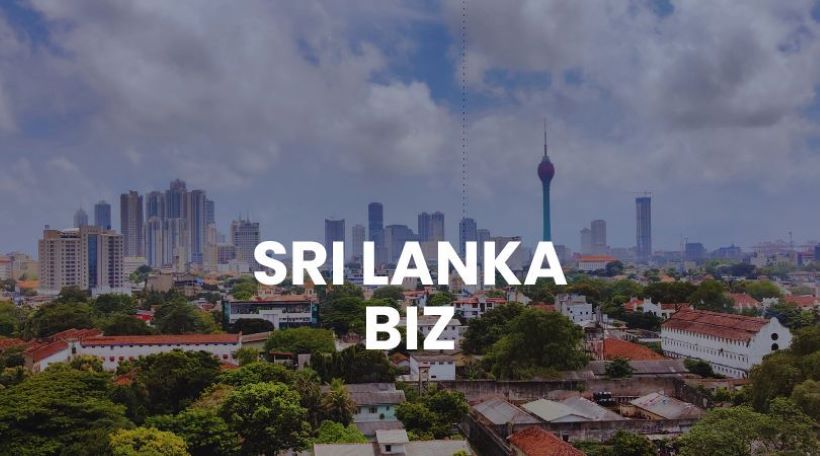Sri Lanka has collected 10.9 billion rupees from imported rice as of January 10, according to K A Vimalenthirarajah, Secretary to the Ministry, who informed the parliament’s Committee on Public Finance. The country has imported at least 167,000 metric tonnes of rice after import controls were relaxed in anticipation of the main Maha season.
Analysts have pointed out that these collections highlight the extent to which taxes are being leveraged by rice producers and millers due to low yields and the protective measures in place. Unlike in previous years, the import tax was not reduced this year.
Sri Lanka imposes a special commodity levy of 65,000 rupees per tonne (approximately 220 dollars), which accounts for about 40 to 50 percent of the export price of parboiled rice in India. High domestic production costs coupled with low Indian export prices resulted in the decision not to reduce taxes this year, Vimalenthirarajah explained during the Committee on Public Finance session.
Based on an annual production of 2.8 million metric tonnes, taxes paid by consumers through overpriced grain—arbitraged by the paddy sector in the form of excessive profits or lower yields—amount to an estimated 180 billion rupees annually.
Premium basmati rice is taxed at a different, higher rate, according to officials.


